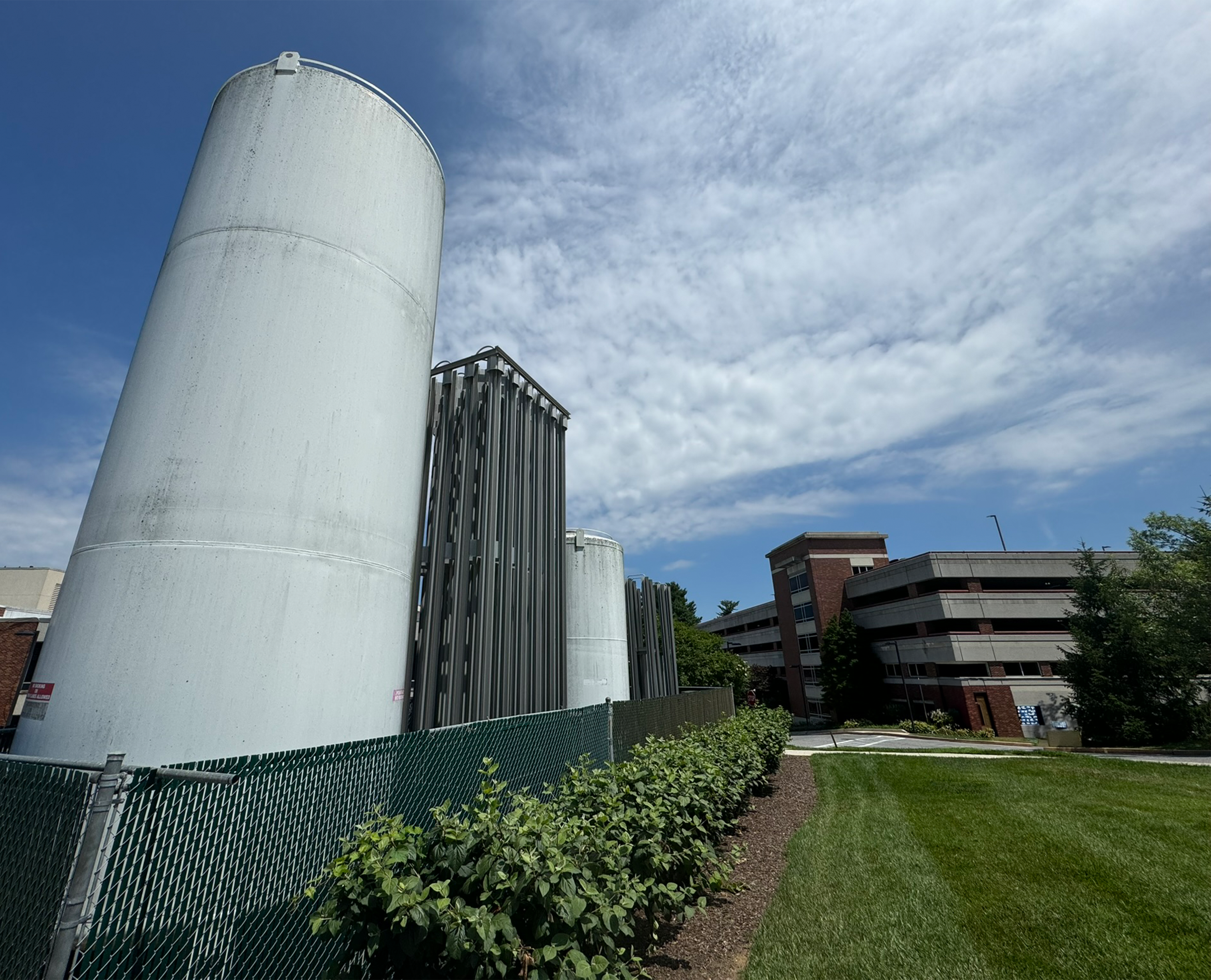2 min read
Security and Safety Risks in Storing Large Quantities of Medical Gases: Mitigating Criminal Activity with Physical Security Measures
![]() Theseus Team
:
Sep 5, 2024 9:31:17 AM
Theseus Team
:
Sep 5, 2024 9:31:17 AM

Storing large quantities of medical gases, such as oxygen, nitrogen, and nitrous oxide, is crucial for healthcare facilities, but it also presents significant security and safety risks. These gases, while lifesaving in controlled environments, pose both explosive hazards and the potential for misuse in criminal activities. Unauthorized access to medical gas storage areas can lead to theft, tampering, or sabotage, which could have catastrophic consequences for healthcare delivery and public safety.
Key Risks
-
Theft and Misuse: Medical gases such as nitrous oxide can be targeted for recreational use or illicit sale. This increases the risk of both criminal activity and the compromise of hospital operations.
-
Sabotage: Deliberate tampering with gas supplies could result in explosions or the release of dangerous substances into the environment, endangering lives and causing extensive damage.
-
Explosion Risk: Gases such as oxygen are highly flammable. An intentional or accidental breach in storage could lead to catastrophic explosions, endangering both hospital staff and patients.
-
Tampering: Unauthorized access could lead to tampering with the gas cylinders, leading to incorrect dosing or contamination, which could result in patient harm.
Physical Security Measures to Mitigate Risks
To effectively secure medical gas storage areas, healthcare facilities should implement robust physical security measures, including:
-
Perimeter Fencing: Installing tall, secure fences around the storage facility is one of the first lines of defense. Chain-link or welded-mesh fences with a minimum height of 8-10 feet should be used, coupled with anti-climb features such as barbed wire or razor wire. Gates should be lockable, with controlled access for authorized personnel only.
-
Restricted Access Areas: Secure the gas storage area with locked enclosures, both at the perimeter and directly around the gas tanks. These enclosures should be equipped with heavy-duty locks and monitored access points, limiting entry to authorized personnel with proper credentials.
-
Lighting and Surveillance: Well-lit storage areas deter criminals from attempting theft or tampering. Installing motion-activated lighting along with security cameras with video analytics provides continuous monitoring and adds an additional layer of security. Video surveillance should be viewed by the command desk, ensuring real-time monitoring and prompt response to suspicious activity.
-
Intrusion Detection Systems: Install electronic intrusion detection systems (IDS) along the fencing and entry points. These systems can alert security personnel immediately if an attempt to breach the perimeter or tamper with the storage is made.
-
Environmental Barriers: Physical barriers like bollards and reinforced structures can prevent vehicle-ramming attacks aimed at breaching the gas storage area. Bollards should be installed at access points to prevent unauthorized vehicles from approaching.
-
Security Personnel: Trained security officers should regularly patrol the perimeter of the storage area and respond to any alerts triggered by surveillance or IDS systems.
By employing a comprehensive approach that combines fencing, access control, surveillance, and trained personnel, healthcare facilities can significantly reduce the risks associated with storing large quantities of medical gases. Properly securing these critical supplies ensures the safety of patients, staff, and the broader community while minimizing the chances of criminal activity.
Contact us to get started with improving safety and security at your facility.
CASE STUDIES ABOUT OUR CONSULTING SERVICES FOR HEALTHCARE
 DOWNLOAD OUR HEALTHCARE FACILITY AND HOSPITAL CAMPUS SECURITY AND SAFETY GUIDE
DOWNLOAD OUR HEALTHCARE FACILITY AND HOSPITAL CAMPUS SECURITY AND SAFETY GUIDE
As a security manager or administrator in a healthcare facility, understanding and addressing your distinct security needs is paramount. This guide focuses on the critical aspects you must consider to protect your patients, staff, and visitors. By examining the unique challenges faced by healthcare operators, we provide a comprehensive overview of the strategies and technologies essential for a robust physical security program. It is crucial to ensure compliance with HIPAA, Joint Commission, and IAHSS guidelines and regulations to maintain a secure and accessible environment.
Recent trends highlight a significant increase in violence within healthcare settings. According to the IAHSS Healthcare Crime Survey, simple assault rates have been rising alarmingly. The data indicates that from 2012 to 2019, assault rates were approximately 10 incidents per 100 beds. However, in the past three years, this rate has more than doubled. This statistic underscores the urgent need for enhanced security measures in healthcare facilities.




